[vc_row type=”1″ bg_color=”#212121″][vc_column][dt_fancy_image type=”from_url” media=”https://vimeo.com/83231772″ lightbox=”true” style=”3″ width=”1200″ align=”center” animation=”fadeInDown”][vc_empty_space][dt_fancy_title title=”ANNA a Film by ERIC LATEK” title_size=”h2″ title_color=”custom” custom_title_color=”#e8e8e8″][vc_empty_space][dt_fancy_separator separator_style=”thick” el_width=”85″][vc_empty_space][dt_fancy_title title=”FLICKERS SPOTLIGHT ARTICLE” title_size=”h4″ title_color=”custom” custom_title_color=”#e8e8e8″][vc_empty_space][dt_fancy_separator separator_style=”thick” el_width=”85″][vc_empty_space][dt_small_photos height=”225″ padding=”3″ number=”25″ category=”anna-gallery”][vc_empty_space height=”12px”][vc_empty_space][vc_column_text css_animation=”fadeIn” el_class=”#e8e8e8″]When Eric Latek makes a movie, his goal is very simple: to find and interesting subject and tell a story in its truest form. His niche for filmmaking is selfless; it’s not about flexing cinematic muscles, or giving an opinion. It’s not about feeding information, or passing judgment. Instead, Latek says he has a more passive approach to filmmaking. Having completed a collection of documentary films and in the middle of a decade –long filming process for upcoming movie “Tiger,” Latek has a gift in stringing together a circuit of colorful moments that montage all the details (big and small) that give a story flavor.
“It’s just, here it is- What do you think?” Latek says about handing his films over any audience, “You can think for yourself, I’m not going to do it for you.”
It’s fair to say that all of Latek’s films have personal value to this Rhode Islander, but his recent short documentary film “My Name Is Anna,” may strike closest to home for Latek as he sheds light on the story of his godmother – a brilliant woman with Native American roots who has fallen victim to Alzheimer’s disease. “My Name Is Anna” will have its world premiere with the Flickers: Rhode Island International Film Festival this August. Viewers will be touched by the gentile story telling of Anna’s life, paired with all the beautiful details that allow any viewer to get to know this woman’s vibrant spirit as she hands her memories over to anyone who takes the time to listen.
RIIFF: What is it about documentary filmmaking that appeals to you?
LATEK: The reason I got into documentary wasn’t to get into documentary, it was that passion of just wanting to tell a story. My problem with even great documentaries is that they’re too structured in explaining everything. With “My Name is Anna” and “Tiger” and other docs that I’ve done, I like to be very passive and just let the story be seen for itself. I like to capture it like I would a traditional movie. When I go into anything I’m filming, I get my master and start filming every little detail that says something about the moment that I’m filming.
RIIFF: What is the creation process like for you when filming?
LATEK: I’m always driven by people’s stories. When I’m looking for a story for a documentary, it’s not a subject matter, it’s not a social matter, it’s not a political matter, it’s a person. It’s the human being that just triggers my own interest. When I’m filming, I’m really digesting in my own head what I’ve captured. As I’m done filming for the day, I’m back at home and my mind is just moving and I’m thinking about everything I’ve captured. I’m figuring out what I’ve just filmed says about the story. I’m not writing anything down but I’m just doing it all in my head, I’m editing, starting to build a story.
RIIFF: What made you decide to start filming your godmother to make “My Name is Anna?”
LATEK: When she started getting sick with the illness (Alzheimer’s), she was declining little by little. There were little breaks in her mental waves. It was probably as it really started to reach a steady progression that I realized that I had to, just for myself, capture her. She was an amazing woman, and I really wanted to tell the story from the female perspective. Other projects I have filmed are so oriented to the male spectrum. I really wanted to dive in and engage with the female perspective. When she started declining I thought that this was the chance to do that. It was something just for me…and her, and for the family. I didn’t really care if I showed it to anybody else. It wasn’t about putting it on YouTube or seeing how many views it would get. I just wanted to show her. I explained to my uncle and other family members- I’m not going to do your traditional interviews, I’m not going to have anyone interject in her story. I’m just going to show her. The camera is her eyes and you can just be with her. That was it.
RIIFF: Where did the script for the film come from?
LATEK: I never write anything in the realm of documentary. I just let things happen. The only writing that really went on in “My Name is Anna,” was when I constructed these moments, which really is just what this story is, it’s just moments. I saw it as kind of a fragment of Anna’s life and I thought it was important that the only person who would really voice that, besides Anna herself, was her daughter Dianne. So I simply told Dianne, write something that you would consider your mom’s voice, and I’ll just have you say it- have you read it. She was the thread that would be able to voice her mother’s story. I just said speak from the heart. I don’t want this to be a traditional voice over and I don’t want anyone else to speak it besides you. And when you do speak it, I just want it to be as a matter of fact, I want it to just be normal. It’s just life.
RIIFF: What does “My Name is Anna,” say about you as a filmmaker?
LATEK: Really with anything I dive into, there is always something personal about it. This is probably the most personal, and next to “Tiger,” one of the most painful. It was tough to edit and film. It puts things into perspective- what’s important. It kind of revealed to me that no matter how far gone you may think somebody is, you can’t be ignorant to the fact that what we don’t know, we can’t just assume is just talking nonsense.
The way “My Name is Anna” is shot just shows my love for film. I can do big block buster films one day and that’s probably still going to be the one I’m most proud of. Because it represents what I think filmmaking should be, which is about giving something to people that is a piece of you. That story is a piece of me in many ways.
RIIFF: Having grown up in Providence, how does it feel to have “My Name is Anna” premier in your home town with the Flickers: Rhode Island International Film Festival?
LATEK: It’s always an honor. It’s my home town so it’s going to be very special because it’s going to bring a lot of family to see it in a Rhode Island setting. Where better to have a world premier than in your own home town with one of the best festivals?
ABOUT THE RHODE ISLAND INTERNATIONAL FILM FESTIVAL:
The FLICKERS: Rhode Island International Film Festival (RIIFF), has secured its place in the global community as the portal for the best in international independent cinema, earning the respect of domestic and foreign filmmakers, filmgoers and trend watchers. This confluence of art and commerce brought together world-class celebrities, award-winning filmmakers, new talent and audience members in record numbers last year. Ranked as one of the top 10 Festivals in the United States, RIIFF is also a qualifying festival for the Short Film Academy Award through its affiliation with the Academy of Motion Picture Arts and Sciences. There are 19 film festivals worldwide which share this distinction and RIIFF is the only festival in New England. The Festival takes place August 5-10th. For more information about RIIFF, please visit www.rifilmfest.org.[/vc_column_text][vc_empty_space][dt_fancy_separator separator_style=”thick” el_width=”85″][vc_empty_space][vc_empty_space][dt_fancy_separator separator_style=”thick” el_width=”85″][vc_empty_space][/vc_column][/vc_row]
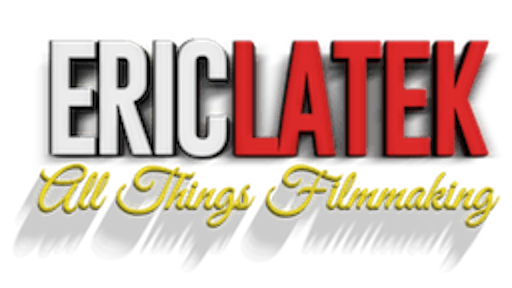
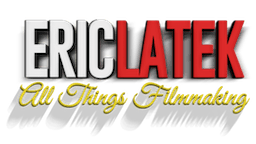
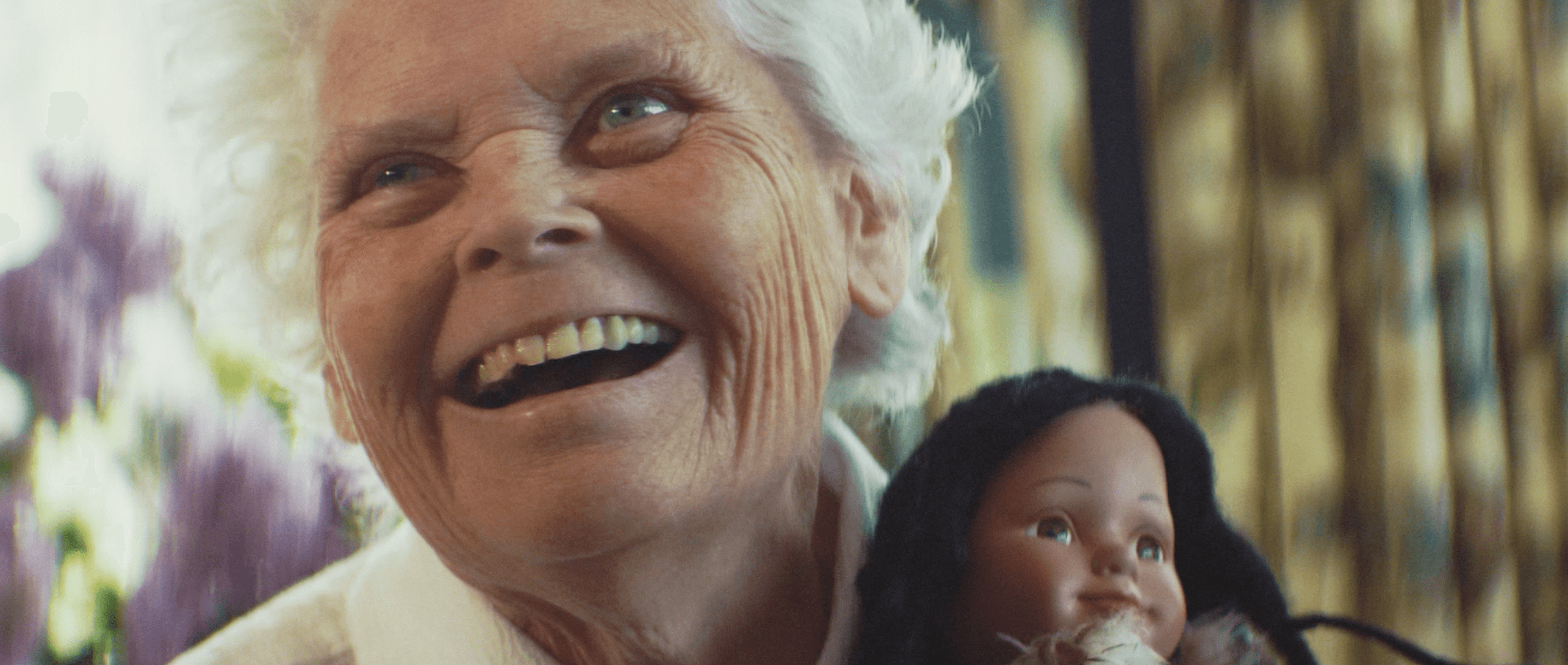
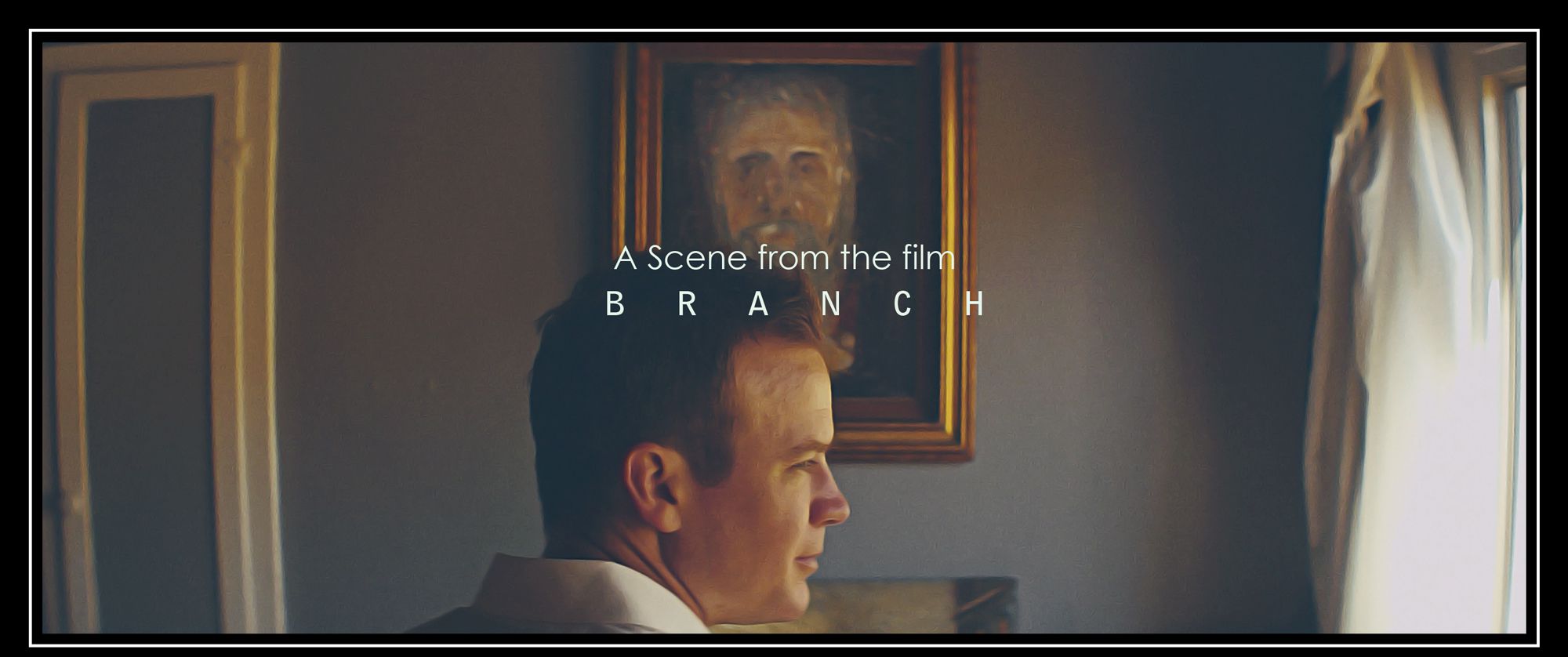
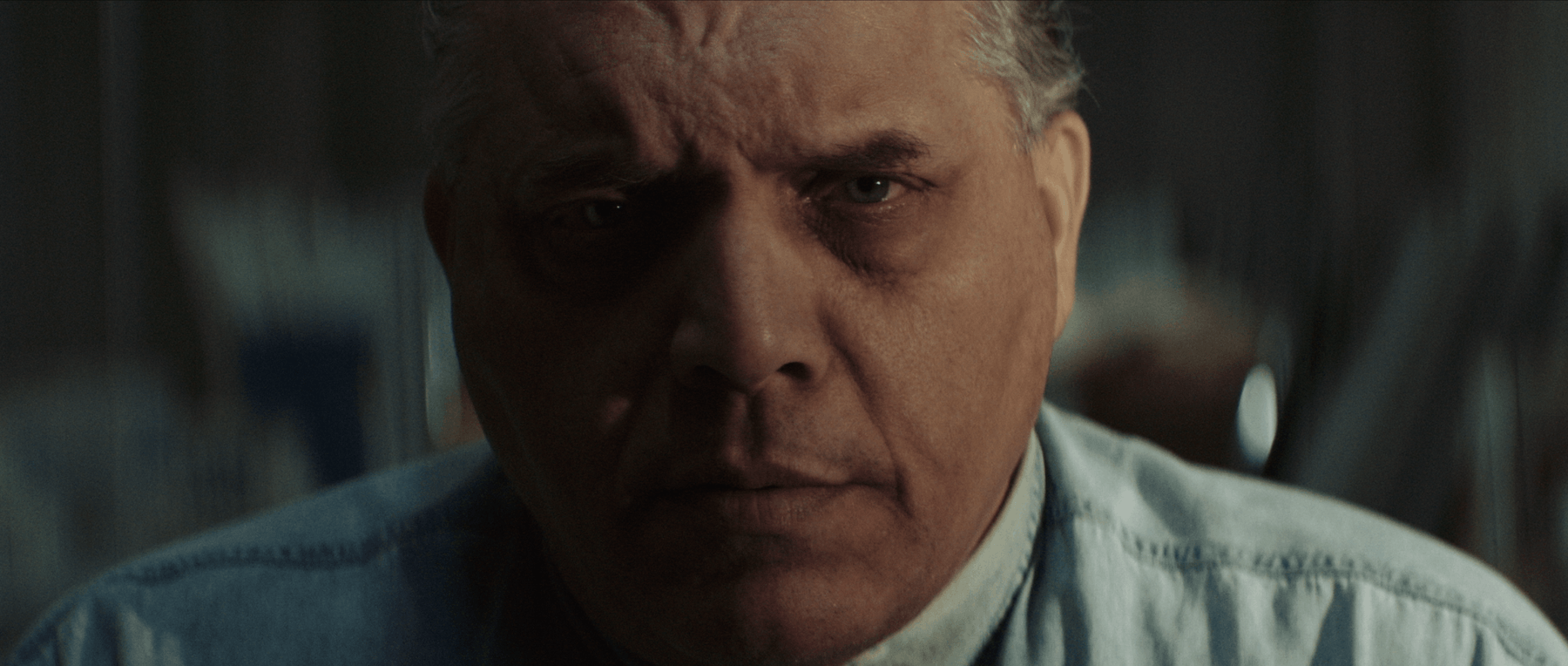
her beautifull smile. she is sooo loved thanks eric.
The pleasure and honor is all mine Pat! 🙂
Break a leg! I love this! ❤️#realtalent #filmmaker #oscarcontender
Thank you sweetie!
I will be there….just not sure which screening! ….But oh yes, I will be there!!!
Nice….
Congratulations Mr. Director. So proud of you, awesome. :), Ones own work is priceless, only he or she can make a judgement. It’s coming from pure passion, from divine, from the Universe and passed trough the Universe, for itself to be shared.
Awesome interview!!! Very proud! Wish you had been on the flight with my kids though lol 😉
Awesome Cuz !!! I love you and I am so proud! And a huge fan as well! <3
BRAVO!!!
Who’s Eric Latek? 😀
haven’t seen the film yet eric but thank you from my whole family on loving my grandmother they way we always will.
( I saw that you promptly mentioned who did the Music….. grrrrr ) 🙂
AWESOME !! JOB ERIC VERY HAPPY TO SEE YOU SUCCEED IN A VERY TOUGH BUSINESS
Eric just found the video on youtube all I have to say is THANK YOU……
thank you Comte I was saying the same thing to myself
yhanks laurie
Awesome
Bravo, champ! Music by Ennio Morricone. :o)
Steve…. you are close enough … we are both Italians!!!
Mauro & Steve hahahaha-I am LMAO
Geniuses all—-Eric—Mauro—and Ennio!!!!
You are the master of telling a story Eric Latek! Love you
You are the best!!
Eric you truly are such a talented, kind and loving person. It shines through your work. Congratulations.
Mauro!!!!!
I want to personally thank the talented Jerry Goldsmith for his wonderful music! Bravo, Jerry!
Trumps oscar and the rest!
Amazing!!
Thank you so much for sharing with me, and I share your story with my world. Everyone must know, Eric Latek, Letitia Latek, & Jake’s Latek their love within for the world. Such a special way you all spread your love by telling people their life story trough your camera lenses. In this story, after reading the article twice, I realize where parts of your harmony came from, for all the people you encounter. Blessings & Namashkaram, Mr. Director. You will be one of Hollywood’s best ever.!!!
That was a truly touching thing to read this morning cuz .. give my love to Pat and the family and much love you you and yours!
Wow….speechless…..
Beautiful….
You are truly one of the kindest and loving person I know and have true compassion and love for others! Xo
Great tribute, buddy. God Bless
Great read! I proud of you Brother. You just started my morning with a little more light…
Priceless…worth it all!!!!!!
What a wonderful gift you gave to Anna – priceless! xoxoxo
Okay, in tears as this is truly what film making is truly all about! My dear friend you have touched more than just one person!!! <3 Congrats!!!
Outstanding Mr Scorsese!!!!!
Beautiful
An important film
Your story telling never ceases to amaze me, nor are your acts of love that you give of your self in each and every project. You have a brilliant mind. . And big heart… the possibilitys are endless for you, you are a great creator..of story telling of many paths in people’s lives, thank you for sharing this Eric it lifted my soul. .. and you know I appreciate your art at work. Xxoo
Thankyou.
That was beautiful
Will share this with my students. This is what makes you an amazing filmmaker. You never try and impress anyone. You just tell stories.
very nice eric
Absolutely amazing. Very few could put words to such a spiritual moment. You did, so eloquently and from the heart.
Thank you so much!!!!!
Omg that was wonderful
Eric Latek, what a blessing you are to those that know you, and what a gem you are to your passion and industry. Well done, my old friend.
This quickly puts a lot in perspective …well done
i miss her and all of you love you all lynn
What a beautiful story about a beautiful lady that I was proud to know and love. I am very proud of you my wonderful nephew Eric.. Love Aunt Betty
That is beautiful the movie must be amazing
Incredibly moving and touching story. Congratulations and thanks for sharing this
That’s amazing Eric Latek! I would love to watch this film!
Awesome!!
Eric, there is nothing that makes me more proud than being your friend and be the sound of your visions… for real!! 🙂
Mauro
Beautiful!
Mauro Colangelo I feel the same way about you my friend! 🙂
Congratulations, Eric. Very touching.
Absolutely beautiful.
Tearfully brilliant….
I just saw this. beautiful Steve!
Truly beautiful I am so thankful that you have told annas story you are truly talented
All the way to the Oscars baby!
Congratulations to you Brother. Great film with an even greater intent!! Proud of you man…
Very touching my man
I agree You captured our Grandmother so much
Congratulations Eric!!
congrats eric!!!!
Bravo, brother!
congrats!
You my filmmaker!
I miss her
congratulations Eric you filmed a great documentary on our ANNA
Thanks you very much everyone!
awsome,what is it about???
When?
Eric, my father passed from Alzheimer’s. I hope this will play somewhere here on the Wear Coast…love your work!!
West Coast
What a beautiful piece…nice tribute to your Aunt,
Thank you so much Linda!
Dear Anna, I am walking with you in this life & the next, yes we are now connected for ever. You are another beautiful flower who has just inspired me. Thank You Anna. Mr. Director Eric Latek, I am speechless!!!
Thank you brother!
Wow! That’s beautiful!
Thank you for sharing! This touched me on a deep and personal level.
Thank you so much!
Great JOB!!!!!!!!!
Nicely done sir!
Awesome job as always Erik
love you eric
Wow. Thank you so much for allowing us to be touched on such a spiritual and emotional level. That was beautiful.
You truly captured the essence of anna thank you
Pure. Genius.
lightning fast
❤️
Great work Eric
Tom Zammarelli Thanks my man!
Asirvada Anna reaching Nirvana. अन्ना को आशीर्वाद निर्वाण Ommmmmm तक पहुँचने
Always amazing!! ❤️
My mother has Alzheimer’s. This was a beautiful way to honor Anna. Very nice.
What a wonderful thing to do that can be passed down for generations great job
Truly amazing. Great work!!
Dave Jackie Schiavulli Thank you so much!!!!
One of the most beautiful films ever made.
Artist sharing magic!
Brilliant! 🙂
Hmm…I think, im having signs of it.. there r some events or moments in my life that I cant remmber anymore 🙁
You did a wonderful thing when you made this film about Anna. It is sad that we have the disease in our own family.
Thank you Aunty Betty Brown!!! This disease certainly has not been nice to our family, thats for sure. Love you!
Rose Rita Henderson Thank you so much! As far as signs, I myself, have a seriously bad short term memory. I find supplementing my vitamin with Omega-3, B-Vitamins and Pure protein, des seem to help my daily well being. Not a cure of course, but what we put into our body is rather crucial for mental support.
Oh…really? Ok..il try finding those suplemnts 🙂 thank u so much Eric 🙂 it wil b a big help 🙂 by the way, I have watched ur 2nd trailer of TIGER.. that`s really a great one, for sure.. #Touched
Rose Rita Henderson Thank you so much!!! That really means so much! Its been so much blood, sweat and tears with myself and the Balletto family. We are looking for an amazing outcome to this story. We just have to be patient. Thank you so much!
eric you always amaze our family i watched the movie for the bemillionth time the other day brings more joy evrytime to remember my gramma
Danielle Guadagno For crying out loud, I just realized it was you sweetie! I’m not use to the last name. HA! 🙂 Love E!
Hahahah!!!! everyone says that xoxxo!!! Love you
Thank you so much!!! 🙂
Always knew you would eventually get there..:-) 🙂
Heidi OCallaghan still a lot of work to do. Just wait until “TIGER” is finished! 🙂
Hey listen, I’m not surprised by this or anything else to come..from you, your the Natural..I would be disappointed if you didn’t make it..you always have my heart kids..your and wife work so very hard to bring these stories to life..to a point and view for anybody to understand and enjoy, God bless you kid..love you both always..xxoo
Heidi OCallaghan Thank you so much sweetheart! Just doing the best I can do! Love you too!
What an amazing film. Really tells the story of this woman. I love the Native American culture in there too. I am also Native.
Lynn
“We are not connected because uou have chosen to watch my film…”, she said. Yes, connected immediately. Her physical beauty
is still very evident along with that of her spirit & soul & experienced years. A sweet, kind, gentle lady, speaking to her horse, her
doll, her family and photos. I did shed some tears, as my Mom died just 3 years ago this coming April 4th, at 93 with dementia, alzheimers, ( Al’s Heimers, as she called it) and the many things that get you in the end. Very touching. Aa process that will overwhelm
the faint of heart to endure. there were many parrallels in her life story and that of my Mom’s and of mine…myself now at almost
74… having lived through those long ago times, out of the sepression, WW1, and so on. Life then was not easy. her Native American
background is also familiar to my Dad’s Mothers side. We touch o specific detail, but the u dercurrents of the story are timeless
in their essence. Your film provides many with a significant momento, a validation, and as much so called”closure” as one might
hope to find from having to only observe that Place we can not go to with her. So near, so far. Thank you, and Anna.